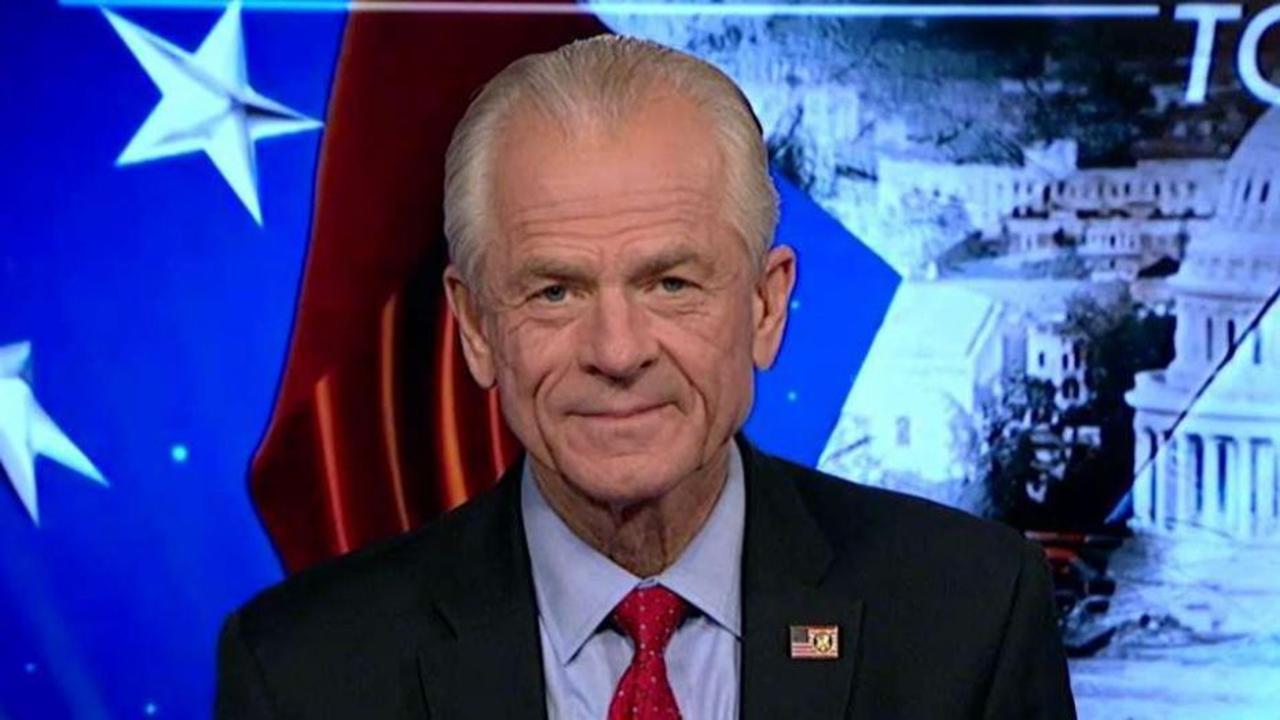Fed's Bullard wanted bigger rate cut because US manufacturing 'appears in recession'
St. Louis Fed President James Bullard is worried about an economic slowdown, and thinks the Federal Reserve should have cut rates by a bigger margin.
Bullard was one of three monetary policy committee members who voted against a 25 basis-point reduction in rates at Wednesday’s Fed meeting, but the only official who thought the central bank should have been more aggressive.
“There are signs that U.S. economic growth is expected to slow in the near horizon,” he said in a statement on Friday.
“Trade policy uncertainty remains elevated, U.S. manufacturing already appears in recession, and many estimates of recession probabilities have risen from low to moderate levels. Moreover, the yield curve is inverted, and our policy rate remains above government bond yields for nearly every country in the G-7.”
The U.S. economy grew at a 2 percent annualized rate in the second quarter, down from 3.1 percent in the January-to-March period. Recession fears were stoked further in recent weeks when the spread between the U.S. 2-year and 10-year yields turned negative for the first time in over a decade.
Yields typically are larger for longer-term notes, since future conditions are more difficult to predict; a switch signals buyers are more worried about the economy in the present.
Earlier this month, the Institute for Supply Management said the U.S. manufacturing sector contracted in August for the first time in three years. A separate report from the Fed showed manufacturing rebounded last month, but that the outlook remained weak.
Bullard also highlighted low inflation as a reason the Fed should have cut rates by 50 basis points instead of the smaller amount, which took rates to a range of 1.75 percent to 2 percent.
“Core and headline personal consumption expenditures (PCE) inflation measures continue to run some 40 to 60 basis points, respectively, below the FOMC's 2 percent inflation target,” he said, referring to the Federal Open Market Committee.
Core consumer prices rose 2.4 percent year-over-year, but the Fed’s preferred inflation gauge, the personal consumption expenditures index, is running at about 1.6 percent.
Bullard's inflation argument is similar to the one made by President Trump, who has also called for bigger rate cuts.
"The USA should always be paying the lowest rate," the president tweeted on Sept. 11.
"No Inflation! It is only the naïveté of Jay Powell and the Federal Reserve that doesn’t allow us to do what other countries are already doing. A once in a lifetime opportunity that we are missing because of 'Boneheads.'"
Despite his dissent, Bullard believes the Fed will take the necessary steps to support the economy.
CLICK HERE TO READ MORE ON FOX BUSINESS
"I remain confident that the committee will continue to monitor economic developments and respond accordingly as economic circumstances dictate,” he said. “I look forward to working with my colleagues to fulfill the FOMC’s mandates.”




















